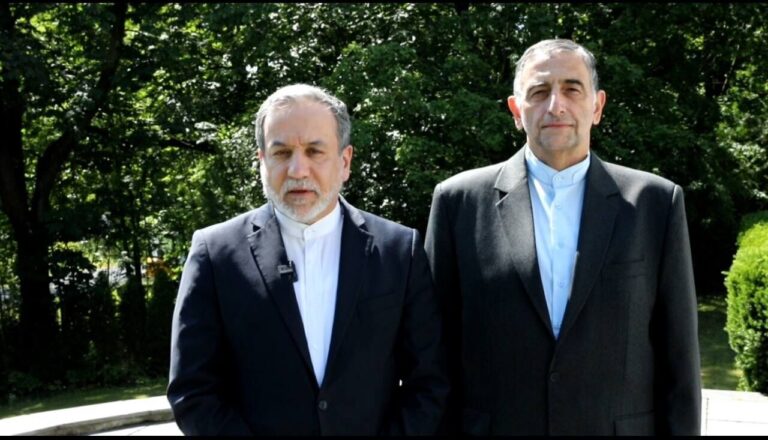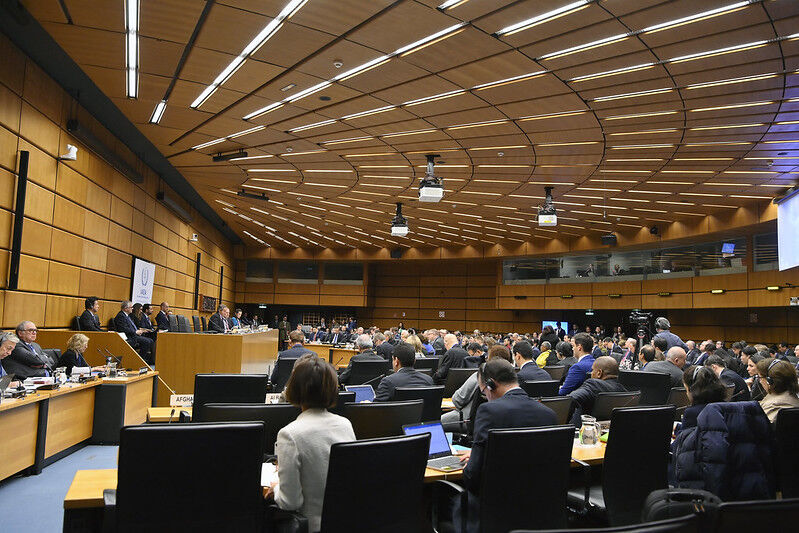
Similar Posts
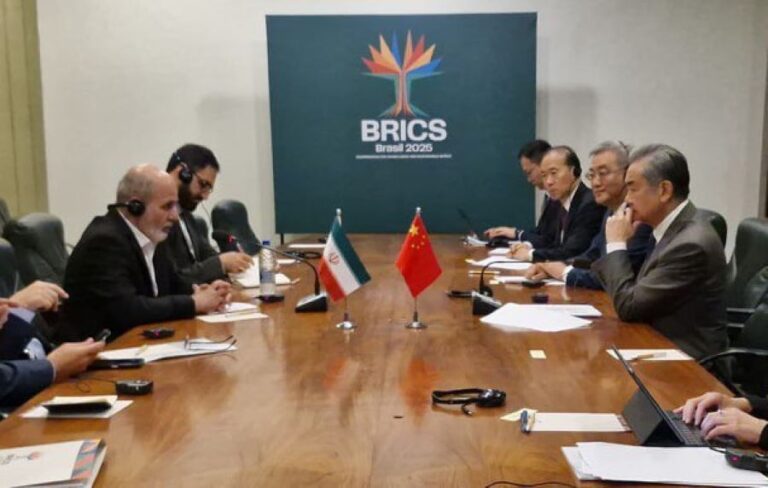
Iran Updates Strategic Allies on U.S. Negotiations, Says Top Security Official
In a recent meeting with Chinese Foreign Minister Wang Yi, Iran’s Secretary of the Supreme National Security Council, Ali-Akbar Ahmadian, reaffirmed Iran’s steadfast principles in indirect negotiations with the U.S. during the BRICS security summit in Brazil. He stressed the importance of keeping strategic allies informed about the negotiations and highlighted Iran-China relations as a cornerstone of Tehran’s foreign policy. Ahmadian emphasized China as a critical partner in political and economic aspects, advocating for the expansion of strategic ties between the two nations, which is vital for their future political and economic strategies.
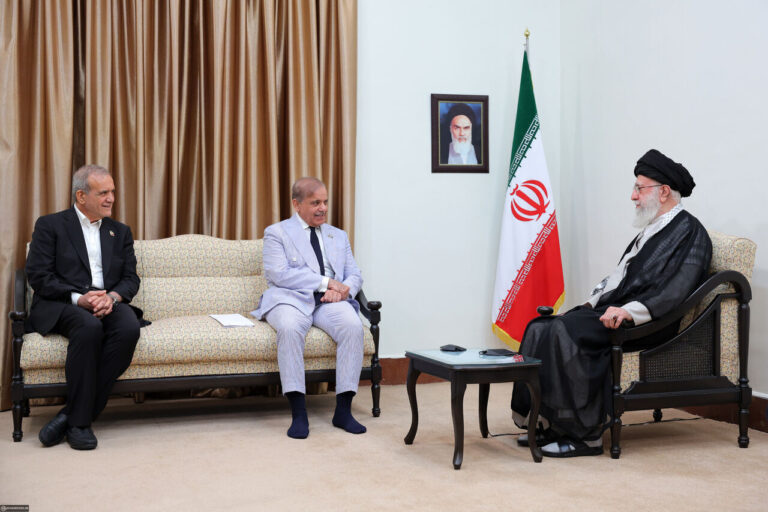
Urgent Call for Action: Leader Demands Strong Measures to Halt Israeli Violations in Gaza
Iran and Pakistan’s partnership is becoming increasingly vital, especially regarding the situation in Gaza. Ayatollah Khamenei highlighted the need for joint efforts to address Israeli actions in Gaza during a meeting with Pakistani Prime Minister Shehbaz Sharif in Tehran. Khamenei praised Pakistan’s unwavering support for Palestine and the positive developments in Pakistan-India relations. He called for unity among Muslim nations to combat global conflicts and emphasized that Iran and Pakistan could lead efforts on the Palestinian issue. Both leaders expressed the desire to enhance cooperation in various sectors and within the Economic Cooperation Organization (ECO) for mutual benefit.
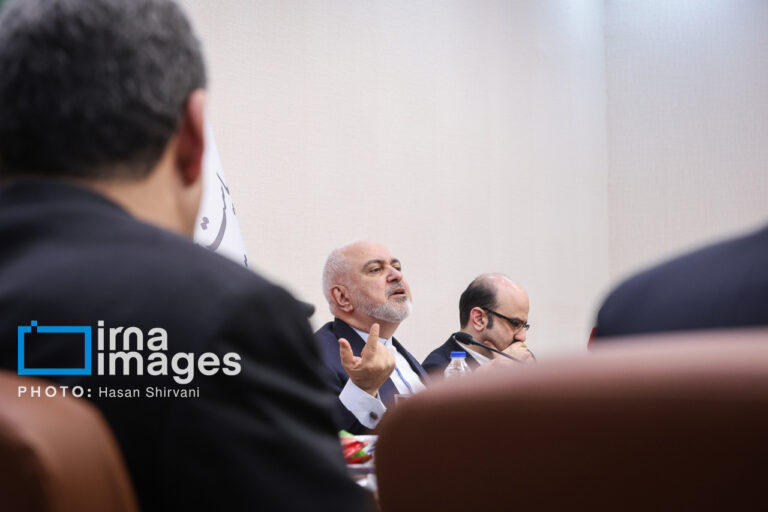
Iran’s Zarif Calls for Fresh Strategy in Ongoing ‘War of Narratives’ Against Israel
Iran’s Vice-President for Strategic Affairs, Mohammad Javad Zarif, highlighted the importance of understanding the “war of narratives” in international diplomacy, particularly regarding Iran’s relationship with Israel. During the launch of a new policy document on national security, Zarif criticized Israel for shaping negative narratives about Iran, tracing issues back to the 1990s and arguing that Israel exaggerates Iran’s nuclear threat to justify military action. He emphasized the need to dismantle these narratives rather than respond with military force, proposing a new narrative developed through research to effectively communicate Iran’s position on the global stage.
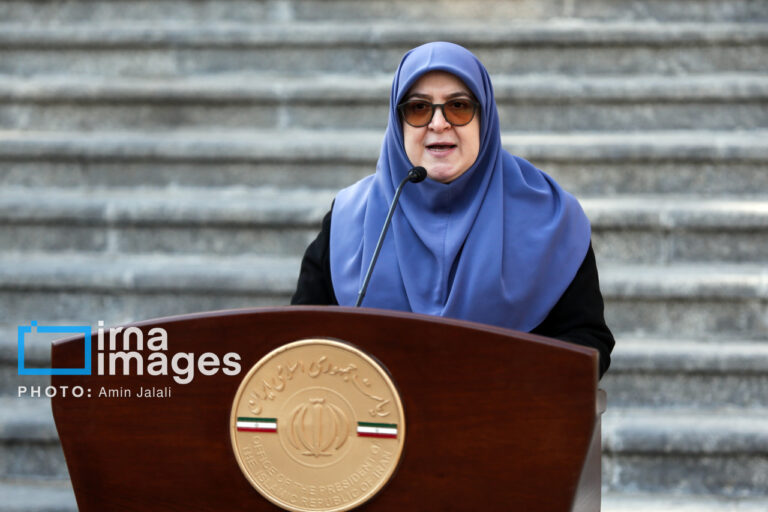
Pezeshkian Administration Unveils Bold Strategy to Counter U.S. Maximum Pressure, Says Spokesperson
In response to the U.S. “maximum pressure” campaign, Iran’s administration under President Masoud Pezeshkian is implementing a strategy to strengthen the economy and enhance resilience. Spokesperson Fatemeh Mohajerani expressed confidence that the U.S. strategy “will get nowhere,” emphasizing the government’s commitment to overcoming challenges with public support. Key initiatives include boosting the economy, improving private and industrial sectors, and fostering knowledge-based companies. The government plans to utilize domestic resources and strengthen ties with neighboring countries to mitigate U.S. pressure. Mohajerani asserted that while Iranians favor negotiations, they will not yield to intimidation amid renewed U.S. sanctions.
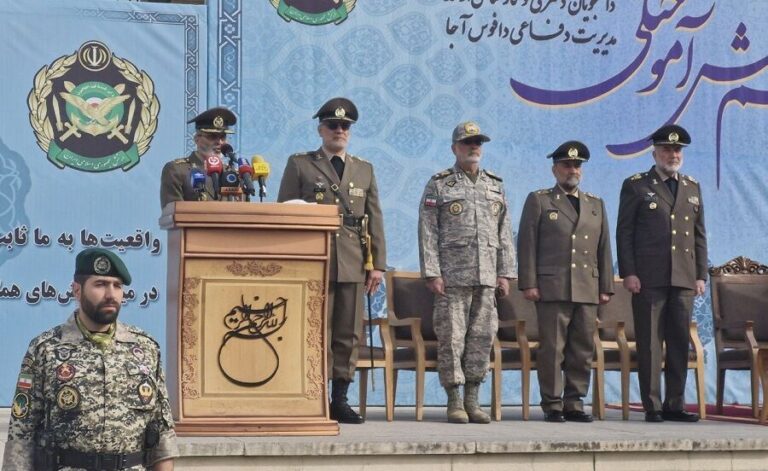
Army Chief Declares Hezbollah Leader’s Funeral a Blow to ‘Zionist Illusions’
Army Commander Brigadier General Abdolrahim Mousavi hailed the massive turnout at the funeral of Hezbollah leader Sayyed Hassan Nasrallah as a significant blow to the “hollow illusions” of Israel and its allies. The event in Beirut drew hundreds of thousands, honoring Nasrallah and his successor, Sayyed Hashem Saffieddine, both killed in Israeli airstrikes. Mousavi stated that the gathering symbolized unity against Israeli aggression and warned that each Israeli bomb would only intensify the “sacred fire” of resistance, bringing the Zionist regime closer to collapse. The funeral reinforced regional support and resilience among their followers amidst ongoing conflict.
